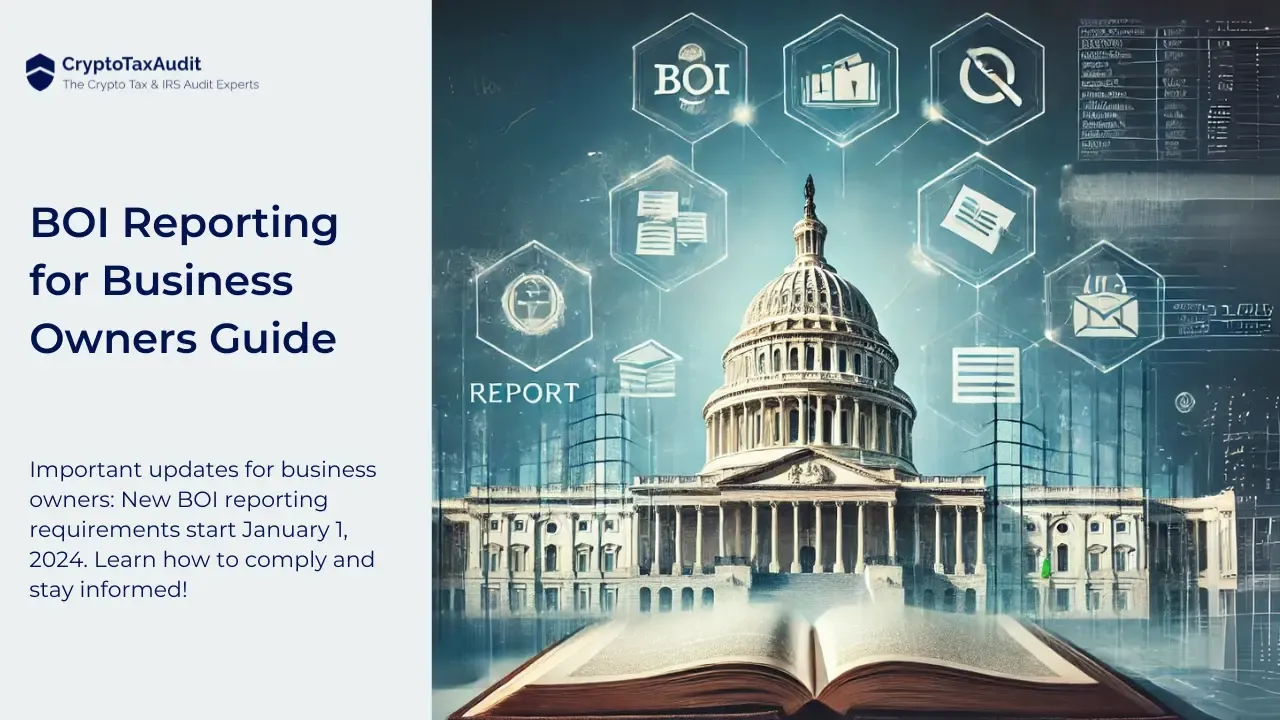
Introduction to Crypto Gaming
In 2017, the digital asset industry witnessed a significant shift with the launch of CryptoKitties by Canadian startup Axiom Zen. This innovative venture began a new era in blockchain gaming, introducing the world to digital cats as non-fungible tokens (NFTs), each with unique attributes. This wasn't just a novel digital collectible experience; it represented a pioneering step in exploring the potential of blockchain in the gaming sector. CryptoKitties quickly transformed from an intriguing idea to a widespread phenomenon, highlighting the intersection of gaming and blockchain technology. The game's rise in popularity, characterized by players breeding unique digital kittens and creating new NFTs with distinct cattributes, significantly slowed down Ethereum network transactions and brought scalability challenges to the forefront.
The impact of CryptoKitties extended beyond gaming enthusiasts to capture mainstream attention. It spurred a collaborative effort among Ethereum developers to enhance blockchain performance. Being one of the first major uses of the Ethereum ERC-721 token standard, CryptoKitties set the stage for future NFT projects and signaled an increasing interest in crypto games integrated with blockchain technology.
Parallel to this development was the rise of games like Axie Infinity, illustrating the burgeoning potential of the crypto gaming market. These games introduced the Play to Earn (P2E) model, an innovative approach where players could enjoy gaming experiences while earning valuable crypto assets. P2E games incorporate cryptocurrencies, NFTs, and in-game currencies, creating a new economic dynamic within the digital entertainment landscape. The P2E model is characterized by its unique fusion of fun gaming and financial reward, allowing players to earn tangible assets with real-world value through gaming activities.
Crypto taxes are already complicated for investors not playing play to earn games. However, the introduction of P2E gaming and the possibility of earning digital assets also brings further complexity regarding record-keeping and tax reporting. Understanding the tax implications is essential for players who engage in P2E models, earning and trading digital assets. The evolving landscape of cryptocurrency regulations adds another layer of complexity, necessitating informed and compliant behavior from crypto enthusiasts and gamers.
As we dive deeper into crypto gaming, we must appreciate the groundwork laid by crypto games like CryptoKitties. While lucrative to users, we must also understand that earnings from these games represent tax liabilities that you have to plan for. Being familiar with the tax responsibilities accompanying play to earn games is vital for anyone involved in this exciting new era of gaming.

As Google Trends shows, interest in play to earn spiked during the last bull run, and while it has decreased, it is currently on an upward trend.
Mechanics of Play to Earn Gaming
Play to earn gaming stands out for its unique blend of gaming fun and financial reward, made possible through blockchain technology. In these games, players typically acquire digital assets that hold real-world value, like characters, weapons, or other in-game items. These assets often represented as NFTs, can be purchased using cryptocurrencies or earned through game activities. The allure of P2E lies in these assets' ability to be traded or sold, potentially turning gaming from a hobby into a profitable venture.
However, the reality of P2E gaming is that much improvement is needed for it to become mainstream. As reflected in community discussions, the general sentiment among gamers is mixed. While there are successful titles that marry engaging gameplay with the crypto aspect effectively, many P2E games have faced criticism for prioritizing cryptocurrency elements over a quality gaming experience. This has led to games that feel more like thinly-veiled crypto ventures rather than immersive experiences.
A significant challenge in P2E games is the inherent pay-to-win model. Players often need to make substantial investments to succeed or earn in these games, creating a barrier to entry and potentially limiting the appeal to broader audiences. Additionally, the actual earnings from these games can be modest. While some games offer a small but steady stream of crypto income, they're often more about the game's enjoyment than significant financial gain.
Tax Implications of Crypto Gaming
Even if the financial gain you expect from play to earn games is relatively insignificant, it is critical to understand the tax implications and keep good records. The crypto industry can change rapidly, and it would not be surprising to see some newer games catch fire during a bull run and earn gamers significant capital gains, of which the IRS will surely want its cut. If you play any play to earn games, you will have to include this activity within your crypto taxes. For this reason, understanding the tax implications is as crucial as mastering the games themselves.
Purchasing In-Game Assets
As previously mentioned, many P2E games necessitate the acquisition of in-game assets like NFTs, which are essential for gameplay. These assets, available on crypto exchanges or directly within games, can usually be purchased with various cryptocurrencies such as USDT, USDC, ETH, or SOL. This process involves selling one cryptocurrency to obtain another, constituting a taxable event. The sale of the cryptocurrency to purchase these assets may result in a capital gain or loss, which should be meticulously recorded and reported on Form 8949.
Earning Tokens and Other In-Game Assets
Earning new tokens or assets in a P2E game is common, whether through staking, mining, airdrops, farming, or other in-game activities. These earnings are subject to income tax as ordinary income based on their fair market value at the time of receipt. It's crucial to note that this applies to all forms of asset acquisition within the game, regardless of the specific term used by the game. Keeping track of these earnings is vital, as they must be accurately reported to the IRS.
Selling Earned Assets
Selling assets acquired or earned in a game is akin to selling any other crypto asset, triggering a taxable event. These assets' sales, whether initially purchased or earned through gameplay, are subject to capital gains tax. Similarly, if you sell in-game assets for less than you purchased them for, you can deduct these capital losses from other capital gains. The gains or losses from such transactions are reported on Form 8949. Just like other crypto asset gains and losses, holding your in-game assets for over a year means that any gains will qualify for long-term capital gain rates while selling assets held for less than a year will lead to short-term capital gains taxed at the taxpayer’s ordinary rate.
Ensuring your crypto tax tool accurately reflects all these transactions is important. However, not all decentralized applications (dApps) and games might display all crypto transactions and income events on-chain, necessitating manual verifying and reconciling earnings with your actual holdings.
Games With No Tax Implications
Gamers need to understand that the presence of an in-game currency and the ability to purchase in-game assets does not automatically classify a game as a play to earn game where earnings are taxable. The crucial factor is whether the in-game currencies or assets hold real-world value outside the game's ecosystem. For instance, many popular games on platforms like PlayStation, Xbox, and PC involve in-game purchases. However, these assets typically cannot be transferred outside the game or redeemed for actual cash or other crypto assets. Games such as EA Sports FC 24 or NBA 2K24 are examples where in-game assets are confined to the game's environment and lose all value once the servers are shut down.
Potential Impacts of Proposed Regulations
Crypto investors in the US are waiting for the Treasury Department and the IRS to issue final crypto tax regulations. These regulations would significantly impact tax reporting for crypto gamers earning in play-to-earn games. The regulations would require every crypto broker to report taxable transactions to the taxpayer and the IRS using a new form, Form 1099-DA. While there has been a lot of controversy about whether decentralized finance (DeFi) protocols would be considered brokers subject to the reporting rules, it remains unclear what the outcome will be and whether play-to-earn games will qualify as brokers, thus having to KYC their customers and report their tax information.
Another area the regulations will impact relates to any crypto earned in play-to-earn games, transferred and sold at crypto exchanges issuing 1099-DAs. The tax form will most likely show missing cost basis, meaning that it will be up to the taxpayer to make the required adjustments for these sales. Users should be aware of this and diligently track their tax basis across platforms.
Reporting Your Crypto Gaming Earnings on Tax Returns
You will need crypto tax software when reporting your play-to-earn crypto transactions. Many tools are available in the market, but you should ensure that the tool you choose supports the blockchain on which the games you play are built; otherwise, your tax reporting will be significantly more complicated. You should connect all of your exchanges and wallets to your crypto tax software and ensure that activity from your game is imported correctly. Once you review your tax reports for any other issues, you will report all of your gaming gains and income within your other crypto asset gains and income - the tool of your choice will generate one report including all your crypto activity.
All earnings from crypto gaming, whether from selling digital assets, play-to-earn rewards, mining, or staking, must be reported on tax returns. The nature of these earnings will determine how they are reported. For example, capital gains from selling digital assets should be reported on Schedule D and Form 8949. In contrast, income, such as airdropped tokens or staked rewards, should be reported as ordinary income, not subject to self-employment tax, requiring it to be reported on Schedule 1 line 8z as “other income.”
Popular Play to Earn Games
The Play to Earn (P2E) gaming landscape is rich and diverse, offering a variety of games that cater to different interests and gaming styles. Here's a closer look at some of the most popular P2E games, as highlighted by the gaming community on platforms like Reddit:
Axie Infinity: One of the pioneers in the P2E space, Axie Infinity is a creature-battling game where players breed, raise, and battle fantasy creatures called Axies.
Big Time: An action-packed RPG that offers a thrilling adventure while integrating NFTs into its gameplay mechanics.
CryptoKitties: The game that pioneered the Play to Earn model, CryptoKitties remains a cornerstone in blockchain gaming. Players collect, breed, and trade digital cats with unique cattributes. Built on the Ethereum network, CryptoKitties is an early example of how NFTs can be integrated into interactive digital experiences, combining collectibility with engaging gameplay.
Crypto Royale: A simple yet addictive game where the crypto element feels secondary to the gameplay, providing an easy entry point into P2E gaming.
DeFi Kingdoms: A unique game that combines elements of a decentralized exchange with a gaming experience built on the Harmony network.
Green Bitcoin: This ERC-20 token innovates with a unique "Gamified Green Staking" model, allowing for passive income generation with rewards scaled to investment levels. Users can participate in Green Bitcoin price predictions, enhancing earnings while promoting long-term investment and active community engagement.
Gods Unchained: This is a strategic trading card game built on Immutable X, where players truly own their cards as NFTs, making for an immersive and financially rewarding experience.
Parallel: Set in a sci-fi universe, this Ethereum-based card game is known for its deep lore and captivating artwork, offering a unique blend of storytelling and gameplay.
Sorare: A fantasy football game that leverages the Ethereum blockchain, where players collect, trade, and compete with digital cards of football players.
Splinterlands: A collectible card game that allows players to trade and battle with NFT-based cards, adding a layer of strategy and ownership.
Star Atlas: A visually stunning space exploration game on the Solana blockchain, Star Atlas offers a vast universe for players to explore, conquer, and earn from.
Sunflower Land: This charming farming simulator allows players to grow crops and manage their farms, integrating blockchain technology in a fun and accessible way.
These games represent a facet of the growing P2E ecosystem, showcasing how blockchain technology can redefine gaming experiences. While gameplay and economic models differ, they all share the common trait of merging entertainment with the potential for financial gain.
Conclusion
Crypto gaming, while still in its developmental stages, is growing rapidly, and with it, its tax implications' complexity. Gamers must know how their in-game activities, like trading digital assets or earning through play-to-earn models, are taxed. This understanding is crucial not only for compliance but also for making informed decisions within the gaming space.
Staying up-to-date with the latest tax regulations is essential as the regulatory landscape evolves for crypto assets and play-to-earn games. CryptoTaxAudit will continue to keep you updated on any new tax regulations impacting you. If you are in need of expert guidance and support with your play to earn taxes, we invite you to schedule a free consultation today. Our specialized crypto tax services are designed to help you understand and meet your tax obligations, ensuring that your gaming and investment experiences remain enjoyable and compliant.




